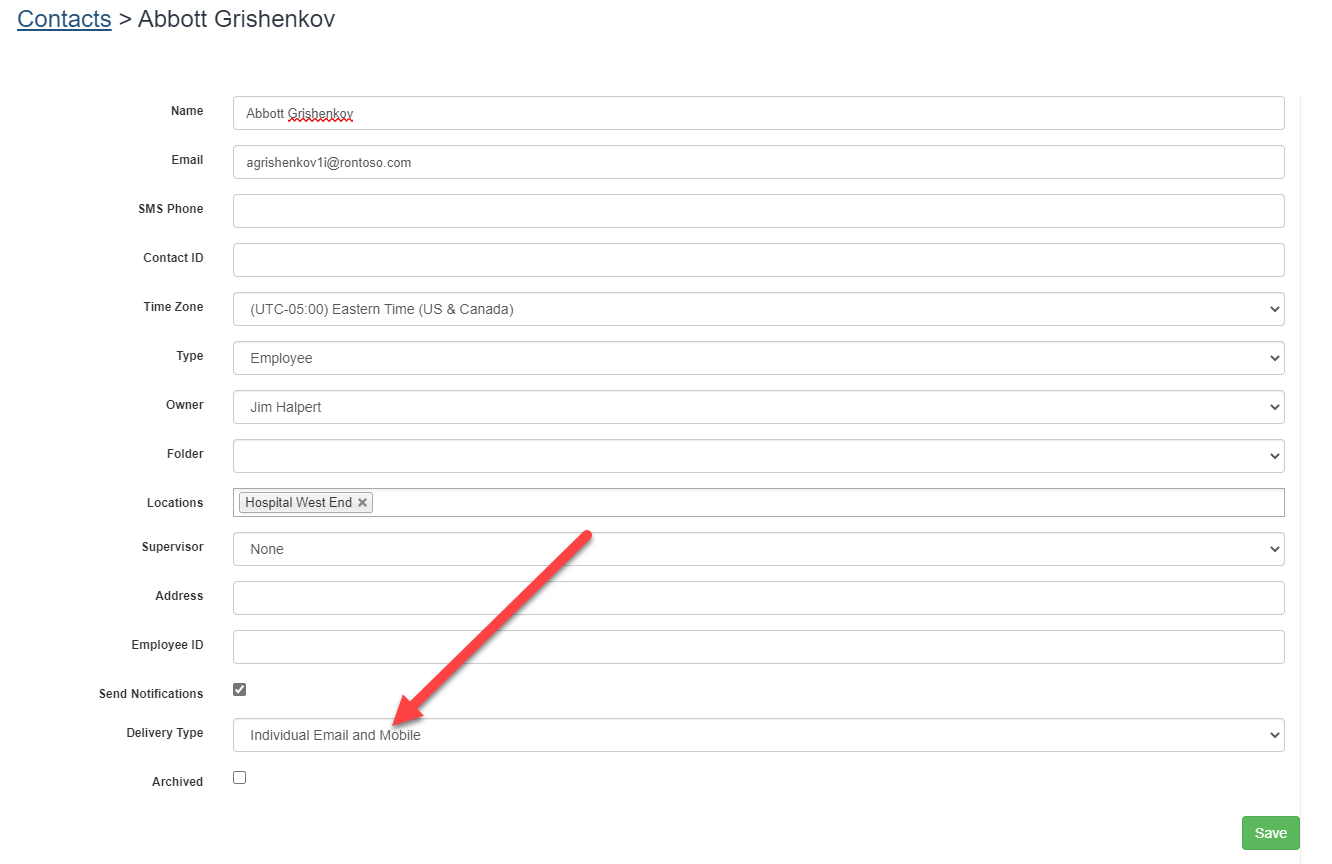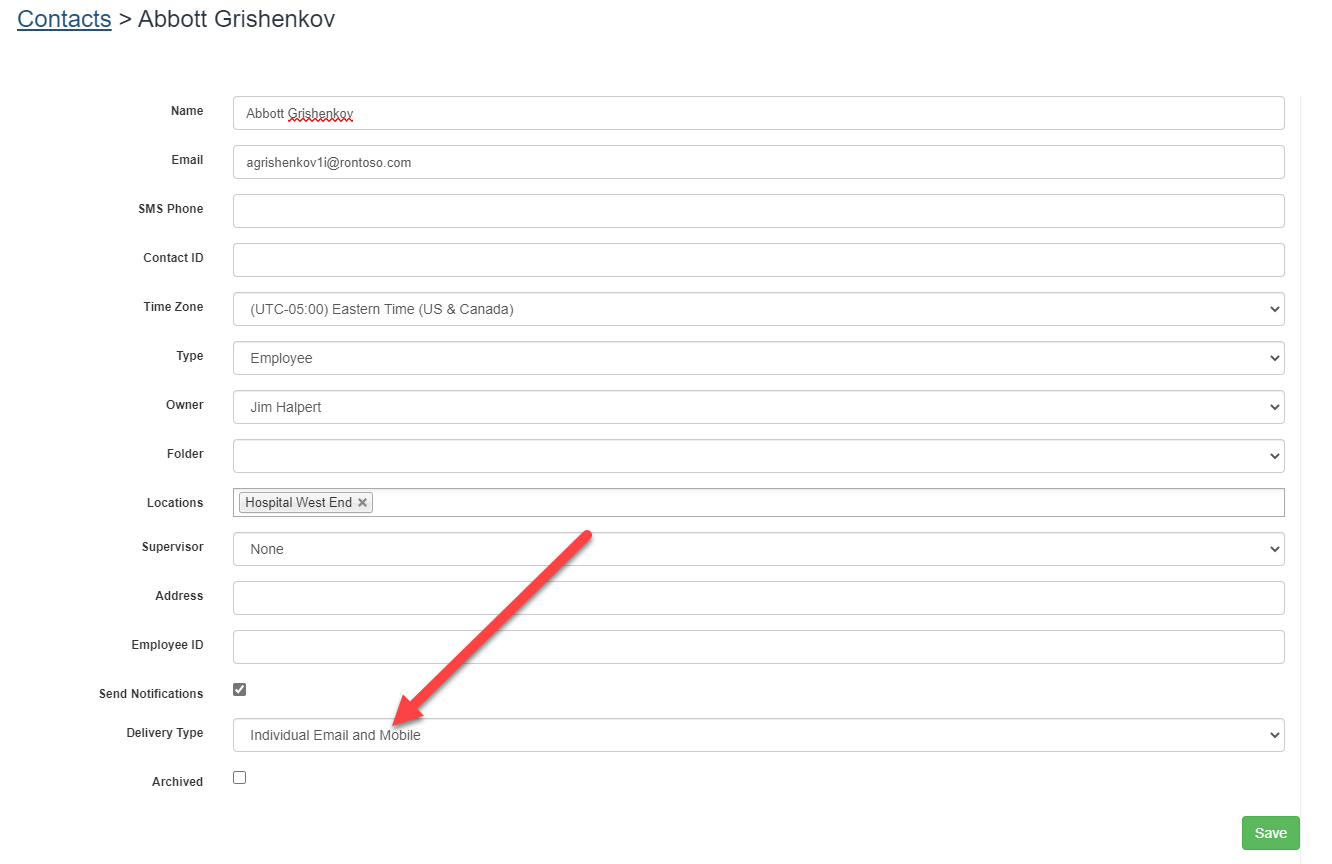Compliant Text Messaging Explained
Rules and guidelines set forth by CRTC, FCC and CTIA for sending text messages are already handled for you behind the scenes.
Legal Disclaimer: The article is for informational purposes only and does not provide legal advice. Materials on this website are published by Expiration Reminder to provide your business with free information regarding the laws and policies described. While Expiration Reminder provides a communications platform built with compliance in mind, you should contact an attorney before launching a text message marketing or informational campaign for your business, or with any questions or advice pertaining to the Telephone Consumer Protection Act.
TCPA
One of the most important aspects of the TCPA is that your business must obtain Prior Express Written Consent from users before sending them any marketing text messages. Under the TCPA, a message is characterized as telemarketing or marketing if it is issued for the purpose of encouraging the purchase or rental of, or investment in, property, goods, or services.
Informational and transactional messages don't require express written consent
The FCC has ruled that if your users give you their mobile phone numbers, whether in writing or orally, they have given consent for your business to contact them with informational or transactional messaging, as long as your messages don't contain any marketing or promotional material.
Messages sent via Expiration Reminder are not marketing in nature
Expiration Reminder focuses on text messaging for user support, informational and compliance in the context of casual, personal conversations between your business and its users. In principle, all commercial text messages your business sends via Expiration Reminder can be categorized as informational or transactional. The following messaging scenarios don't require prior express written consent from users because they are not considered marketing in nature, by TCPA standards:
-
Employers texting users about compliance trainings and certifications that are about to expire.
-
Post service follow-ups, thank you notes and satisfaction surveys via text.
-
Safety recall notifications via text.
Meanwhile, it’s important to consider your users' expectations when they give you their mobile phone numbers. Make sure to let them know exactly what kind of messages they should expect from your business and always keep the message content in context of the last interaction.
TCPA and CTIA Requirements are Built-in
When sending text messages to your customers, even if these messages don't contain any marketing or promotional content, you still want to ensure that you consider text messaging-specific rules, written by the Cellular Telephone Industries Association (CTIA), and laws, written by the FCC, specifically pertaining to the Telephone Consumer Protection Act (TCPA). Expiration Reminder has already got you covered on the most important aspects. It all sums up as follow:
Always identify yourself and keep message content in context
Always include your name or business name within the message and avoid including marketing material or anything which may indicate an indirect attempt to promote, upsell, or cross-sell. For example, a user brings in his vehicle for an oil change and the service advisor texts him about his tires needing replacement. In such an event, it could be argued that texting the customer, who initially came in for an oil change, about his car tires that need to be replaced, is not only out-of-context but also makes the message marketing by nature.
Always be mindful of message delivery time
The TCPA stipulates that text messages may only be sent between 8AM and 9PM in the time zone your recipient is in. You can control this by using the time of day field at the category level and the time zone at the contact level.
Always include easy opt-out and help instructions
TCPA requires that your recipients should have the ability to opt-out at any time.
For all text messages falling under the jurisdiction of TCPA, Expiration Reminder systematically includes:
-
Easy opt-out mechanism.
-
Support instructions leading to more information about the messaging program.
Automated Unsubscribe Mechanism for TCPA
Recipients can easily opt out of receiving your text messages by texting any of the following unsubscribe keywords: STOP, END, QUIT, CANCEL or UNSUBSCRIBE. Whenever a recipient chooses to opt-out, Expiration Reminder automatically handles the incoming opt-out keyword, updates your Do-Not-Contact List and deactivates any further sendings to the recipient's mobile phone number. The entire unsubscribe process is seamlessly handled for you behind the scenes.
Open Text Requests to Unsubscribe
Not everyone is comfortable with opt-out keyword commands. Therefore, your recipients can also request to opt-out in their own words by replying naturally to any of your text messages.
For this cases, you can change the Delivery Type field of the contact and change it to Individual Email so the user only receives emails.

Important Acronyms and Definitions
TCPA – Telephone Consumer Protection Act. TCPA is the federal law that regulates telemarketing and the use of automated telephone equipment for voice calls, faxes, and text messages.
FCC – Federal Communications Commission. The FCC implements the rules about how the TCPA needs to be enforced.
CTIA – A trade association representing the wireless communications industry in the United States. The CTIA guidelines contain a lot of detail about the information and instructions that should be included in commercial text messages. CTIA guidelines aren't considered law. Therefore, businesses can't be sued over them. However, text messaging programs that ignore the guidelines can be blocked and shut down by one or more mobile carriers.
ATDS – Automatic Telephone Dialing System or Auto-Dialer.
CASL
Compliance with Canada's Anti-Spam Legislation boils down to four basic rules:
-
You must have a form of valid recipient consent.
-
You must provide a valid, easy-to-use unsubscribe mechanism.
-
You must clearly identify yourself and your business.
-
Your messages must not be false or misleading.
Implied Consent
Let's use the familiar name John Doe to refer to any given message recipient.
Implied consent happens spontaneously when you and John Doe have an existing business relationship (EBR). The existing business relationship only occurs if John Doe has purchased a product, a service, or made a formal agreement with your business within the last 2 years. Simply put, John Doe is a customer of yours.
Implied consent is considered a bare minimum CASL requirement. However, that doesn't make it a less manageable, less traceable or less reliable path to achieving respectful customer communications and flawless legal compliance.
Read full CASL text about Existing Business Relationship
Implied consent can expire
Texting your customer John Doe based on his implied consent will never get you into trouble with CASL. However, you must know that implied consent doesn't last forever. Before you assume your customer John Doe's implied consent and start texting away, the single most important question you must ask yourself is:
WHEN WAS THE LAST TRANSACTION BETWEEN JOHN DOE AND MY BUSINESS?
Let's reword the question to fit specific situations:
When was the last time John Doe took a training?
When was the last time John Doe came for an appointment?
When was the last time John Doe bought anything from us?
Regardless of which of the above questions fits your context, if that last transaction was more than 24 months ago, you should not text John Doe because his implied consent is no longer valid. The existing business relationship you had with this customer happened too long ago.
Luckily, CASL exempts various messaging scenarios applicable to your business context. The following messages are exempt from CASL requirements:
-
Messages sent in the context of full on, two-way conversations with users.
-
Messages sent as direct response to customer questions, requests or inquiries.
-
Messages that provide customers with warranty, safety recall or legal information about products or services they purchased from your business.
-
Messages that facilitate, complete or confirm transactions with your business.
Read full CASL text about Implied Consent
CASL Compliance is Built-in
For all text messages falling under the jurisdiction of Canada's Anti-Spam Legislation, Expiration Reminder systematically appends the proper unsubscribe mechanism mandated by CASL, and the sender information link required by CRTC regulations.
Automated Unsubscribe Mechanism for CASL
Recipients can easily opt out of receiving your text messages by texting any of the following unsubscribe keywords: STOP, END, QUIT, CANCEL or UNSUBSCRIBE. Expiration Reminder automatically handles unsubscribe requests and unsubscribe list management for you, behind the scenes.
Open Text requests to Unsubscribe
Not everyone is comfortable with opt-out keyword commands. Therefore, your recipients can also request to opt-out in their own words by replying naturally to any of your text messages.
For this cases, you can change the Delivery Type field of the contact and change it to Individual Email so the user only receives emails.

